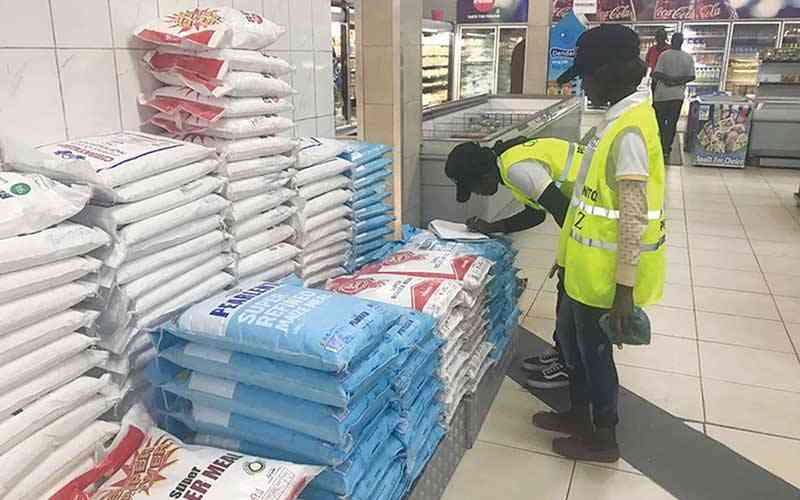
THE grain milling industry says it is ready to supply enough maize-meal throughout the predicted El Niño-induced drought season.
Grain Millers Association of Zimbabwe president Tafadzwa Musarara told NewsDay Business yesterday that the millers were adequately stocked to meet national demand.
“The grain milling sector is fully geared to adequately provide maize-meal during this current drought season. This is not the first time to encounter such adversity,” he said.
“Our ability to import sufficient stocks of maize is on record. From mid-October 2023 to date, for instance, we imported 207 000 metric tonnes of maize. The activity continues.”
Zimbabwe has been importing maize-meal from South Africa and other neighbouring countries to make the product available in the market.
But in recent weeks, maize has been scarce, particularly in Harare.
As a result, government recently called an urgent meeting with different stakeholders to devise a plan of action to ensure that the essential commodity is available.
Panic purchasing during the holiday season and issues to do with the supply chain were cited as the causes of the shortage.
- Drama at City of Harare bosses trial
- Price of bread skyrockets again
- Price of bread skyrockets again
- ‘Zim’s retailers deserve a wage subsidy’
Keep Reading
Confederation of Zimbabwe Retailers (CZR) president Denford Mutashu said mealie-meal deliveries have resumed in Harare.
“Deliveries only started on Saturday in the central business district and surrounding areas. Today (on Monday), about 10 residential areas are receiving deliveries, for instance Mabvuku, Mbare, Chitungwiza, Highfield, Glenview, Mufakose, Hatcliffe, Budiriro and Dzivaresekwa,” he said.
“Deliveries are made through formal shops and CZR urges shop managers to not tarnish their brands by diverting the product to the black market as the mealie-meal is serialised.”
National Consumer Rights Association spokesperson Effie Ncube said the country needs to import more grain to avoid a surge in prices during this drought season so as to make the crucial commodity available.
“The supply deficit is way too big to easily close, especially now that it is clear that the grain harvest from the season will be way lower than normal. Demand is already far outstripping supply and the situation won’t change on its own,” he said.
“Therefore, the government will need to do a lot more to assure the markets of adequate supply. Otherwise, supply challenges will drive up prices of this crucial commodity. We should import more than we are already doing in anticipation of even greater shortages.”










